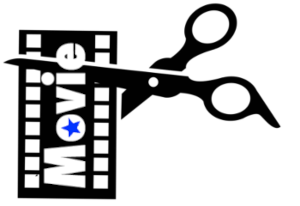A race drama interspersed with slam poetry? It has a pretentious ring to it.
Nonsense. Aside from the ‘South Park’ universe itself, the film’s two idea men and protagonists, Daveed Diggs and Rafael Casal, set the stage for one of the most entertaining satires on the phenomena of gentrification and privilege blindness that has been produced outside of the South Park universe.
Are We in for Something Along the Lines of “Sorry to Bother You”?
The filming of ‘Blindspotting’ takes place in Oakland, California, which is not far away. But this time, it takes place in a more socially realistic setting and includes an explicit nod to the Black Lives Matter movement through Diggs’ portrayal of Collin, who witnesses a black man being shot in the back by a white police officer. The film’s wild conclusion has divided audiences (as well as members of our film editorial board), but the journey to get there is particularly compelling, with black, calm Collin and white, violent Miles’ hard-working friendship serving as the central focal point, exposing society’s prejudices, as well as our own.
That climactic monologue allows Diggs to showcase his wordplay mastery, which earned him the Tony for “Hamilton.” It’s a scene that, for me, is the year’s most powerful. Not out of place, this final reaction feels like the film’s use of surrealism to heighten Collin’s emotional state. However, the small audience I saw “Blindspotting” with was as enraptured as I was.
After the film, a lady asked me and my companion if we would have been friends with Miles. “NO!” I told her, but she made me think. I realized I had friends like Miles, bold troublemakers who loved me even if they could have killed me or put me in jail. “Realism and absurdity,” I mused. My emotional outburst, followed by more measured introspection, is akin to “Blindspotting.” One of the year’s best films.
